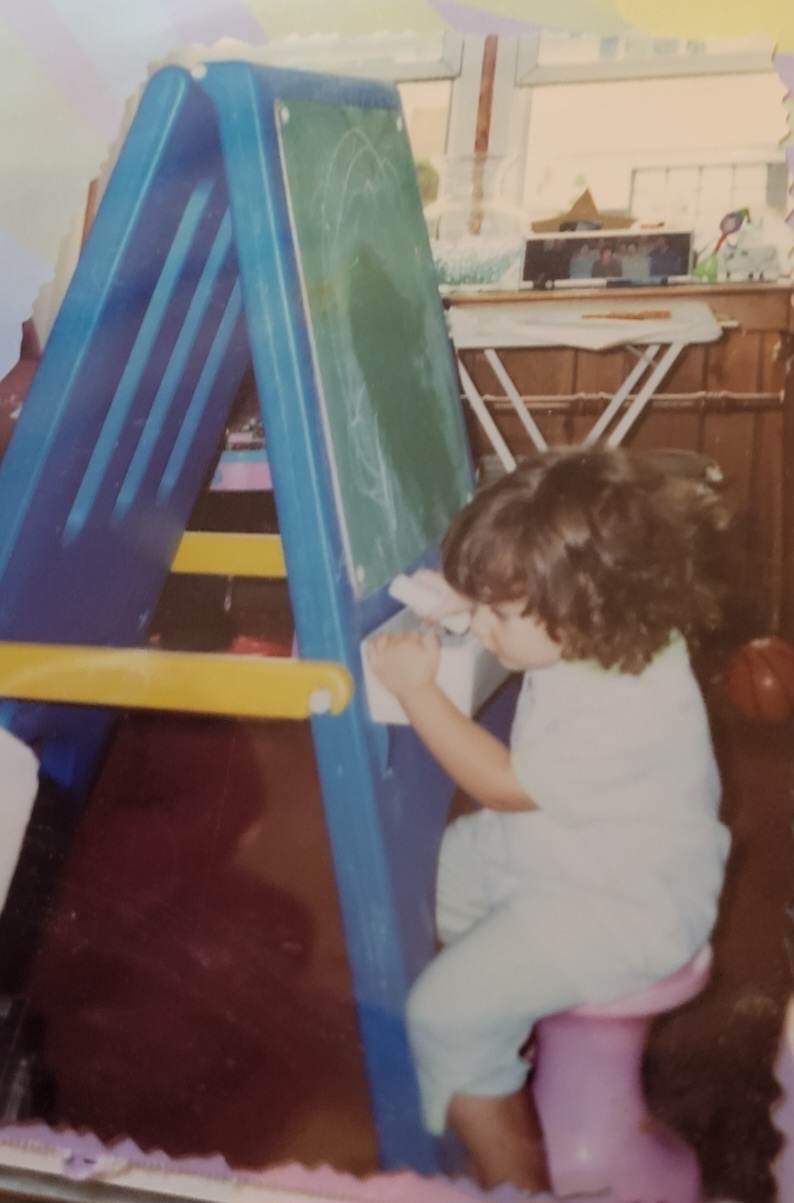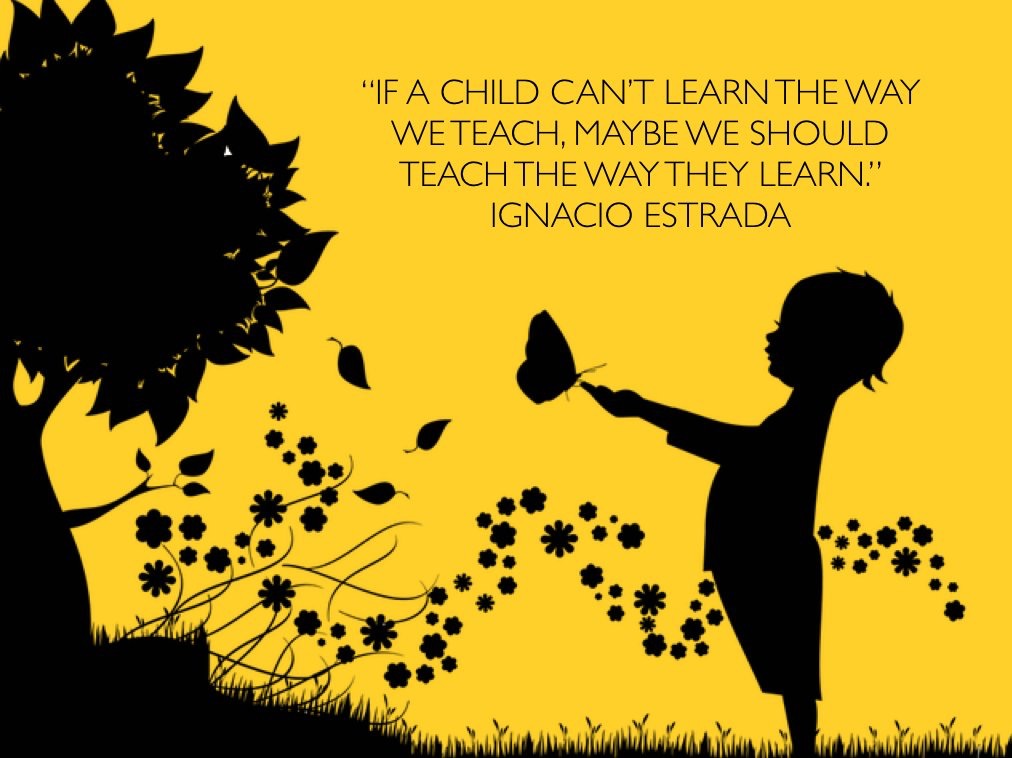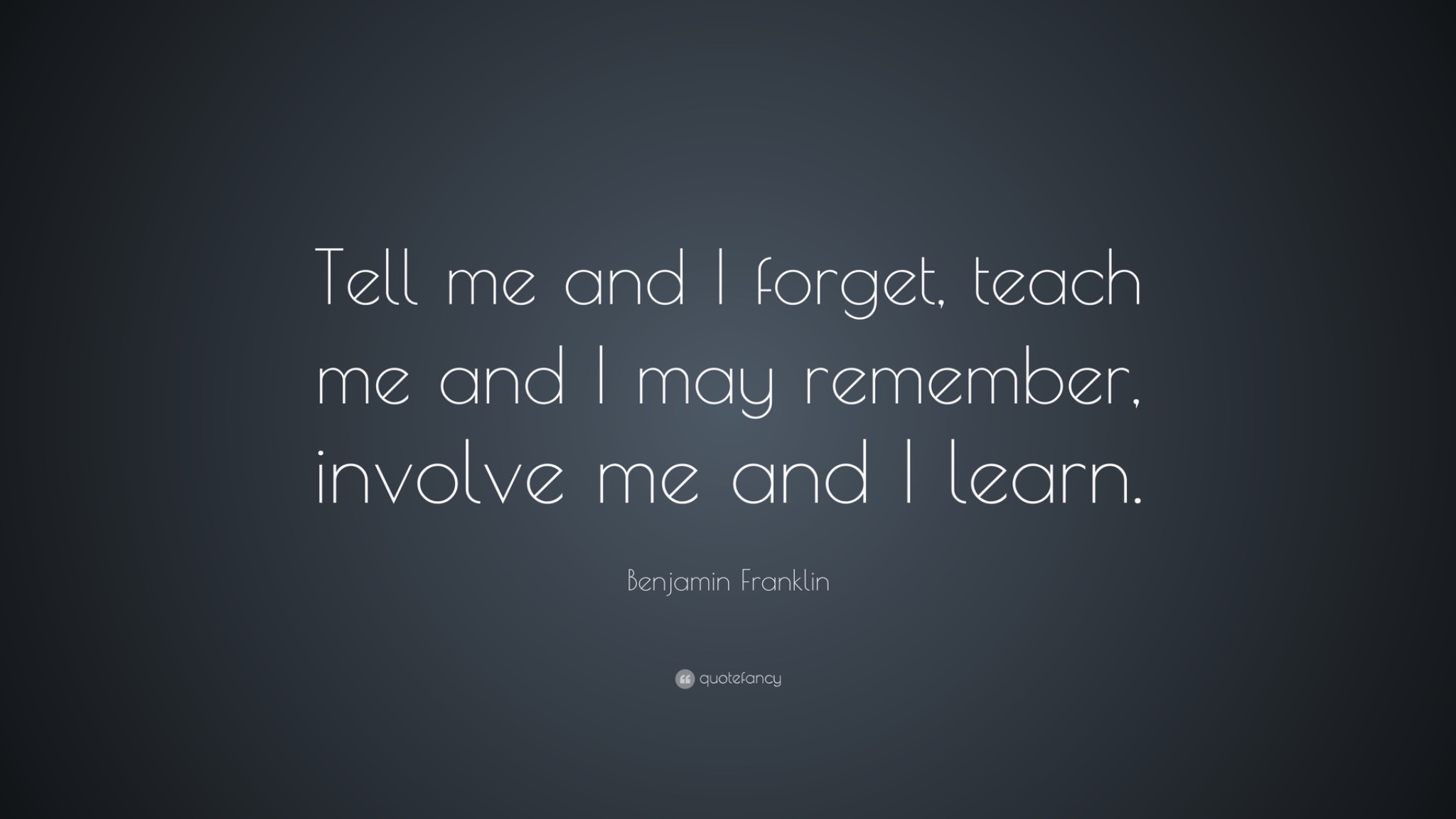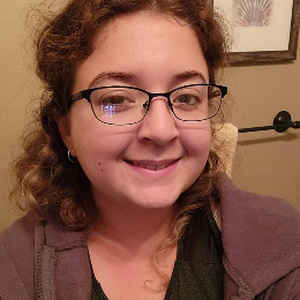
My Philosophy of Education
My philosophy of education is that children must be held to high expectations and must also be given the opportunity to grow and learn in an equitable and safe environment. Bell Hooks once wrote, “To teach in a manner that respects and cares for the souls of our students is essential if we are to provide the necessary conditions where learning can more deeply and intimately begin” (Hooks, 1994, p. 13). These lines suggest that educators must teach equitably to all students, regardless of their differences. I believe that in order to do this successfully, a teacher must first get to know her students because all students are unique.

I will spend time learning about each of my students, including, but not limited to, how they learn, what their individual needs are, and who they are as individuals. I will also spend time communicating with my student’s families to make an effort to understand my students better. Getting to know my students will help them feel more secure and comfortable in my classroom. This will also ensure that I am teaching my students in an equitable way that reaches all of their unique needs as individual learners. I will make sure my students feel comfortable asking questions and sharing their ideas, regardless if their responses are correct or not. I believe that students should be active participants in their learning.

In my classroom, I will encourage self-expression, creativity and confidence when it comes to learning. It is important for students to be hands-on with their learning because it helps them develop their own learning styles. I believe that as an educator, it is my responsibility to help all students reach their highest potential. While all students are different, I believe that every student has the potential to be extraordinary. To help my students reach their fullest potential, I will hold all of my students to high standards. This will give my students the opportunity to grow into strong, independent thinkers. My goal as an educator is to make a difference in my students’ lives. By providing my students with an equitable space to express ideas and ask questions, I will be able to achieve this goal.
Reference:
Hooks, B. (1994). Engaged Pedagogy. Teaching to Transgress, 13.
